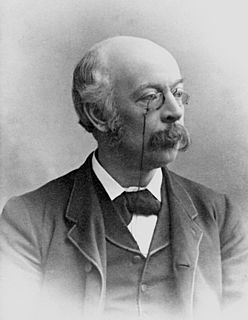A Quote by David Biespiel
There's not a big range in the political poetry of the last year, or not a political range. On the one hand, no poet that I know of who writes in English in the United States is anything but a humanist. So all poets, including myself, seem to be under that umbrella. We just don't have Rush Limbaugh poets, Ann Coulter poets.
Related Quotes
I tend to like the way poets form communities. Writing can be lonely after all. Modern life can be lonely. Poets do seem to be more social than fiction writers. This could be because of poetry's roots in the oral tradition - poetry is read aloud and even performed. I'm just speculating, of course. At any rate, because poets form these groups, they learn from one another. That is one of the best things about being a poet.
Nearly all men and women are poetical, to some extent, but very few can be called poets. There are great poets, small poets, and men and women who make verses. But all are not poets, nor even good versifiers. Poetasters are plentiful, but real poets are rare. Education can not make a poet, though it may polish and develop one.
If you look at the Directory of American Poets and Writers, you know there are hundreds of poets in New York City. So therefore, just by specific gravity, it seems like a more significant place. Robert Wrigley is a poet who lives in rural Idaho - I think it's really back-country Idaho - and he writes beautiful poems.
One of the surest tests of the superiority or inferiority of a poet is the way in which a poet borrows. Immature poets imitate mature poets steal bad poets deface what they take and good poets make it into something better or at least something different. The good poet welds his theft into a whole of feeling which is unique utterly different than that from which it is torn the bad poet throws it into something which has no cohesion. A good poet will usually borrow from authors remote in time or alien in language or diverse in interest.
I just said let's get some poets on tv. And when they said that sounded unlikely, I made it worse. I said, no man, I want to put a bunch of black poets on stage, too. Some Latino poets who barely speak English and Asian poets who can't believe how discriminated against they are. It was luck nad being in the right place. I wasn't saying nothing somebody else wasn't saying but they wouldn't hear it from them.
The ideal audience the poet imagines consists of the beautiful who go to bed with him, the powerful who invite him to dinner and tell him secrets of state, and his fellow-poets. The actual audience he gets consists of myopic schoolteachers, pimply young men who eat in cafeterias, and his fellow-poets. This means, in fact, he writes for his fellow-poets.
I have just been to a city in the West, a city full of poets, a city they have made safe for poets. The whole city is so lovely that you do not have to write it up to make it poetry; it is ready-made for you. But, I don't know - the poetry written in that city might not seem like poetry if read outside of the city. It would be like the jokes made when you were drunk; you have to get drunk again to appreciate them.
If the United States haven't grown poets, on any scale of grandeur, it is certain that they import, print, and read more poetry than any equal number of people elsewhere -- probably more than the rest of the world combined. Poetry (like a grand personality) is a growth of many generations -- many rare combinations. To have great poets, there must be great audiences too.




































